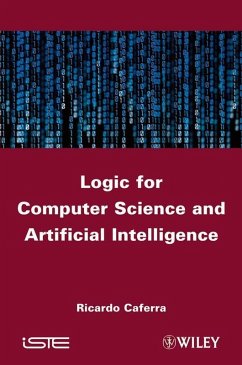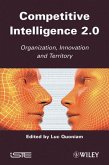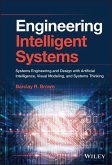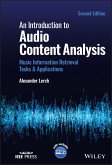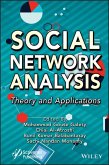Logic and its components (propositional, first-order, non-classical) play a key role in Computer Science and Artificial Intelligence. While a large amount of information exists scattered throughout various media (books, journal articles, webpages, etc.), the diffuse nature of these sources is problematic and logic as a topic benefits from a unified approach. Logic for Computer Science and Artificial Intelligence utilizes this format, surveying the tableaux, resolution, Davis and Putnam methods, logic programming, as well as for example unification and subsumption. For non-classical logics, the translation method is detailed. Logic for Computer Science and Artificial Intelligence is the classroom-tested result of several years of teaching at Grenoble INP (Ensimag). It is conceived to allow self-instruction for a beginner with basic knowledge in Mathematics and Computer Science, but is also highly suitable for use in traditional courses. The reader is guided by clearly motivated concepts, introductions, historical remarks, side notes concerning connections with other disciplines, and numerous exercises, complete with detailed solutions, The title provides the reader with the tools needed to arrive naturally at practical implementations of the concepts and techniques discussed, allowing for the design of algorithms to solve problems.
Dieser Download kann aus rechtlichen Gründen nur mit Rechnungsadresse in A, B, BG, CY, CZ, D, DK, EW, E, FIN, F, GR, HR, H, IRL, I, LT, L, LR, M, NL, PL, P, R, S, SLO, SK ausgeliefert werden.

